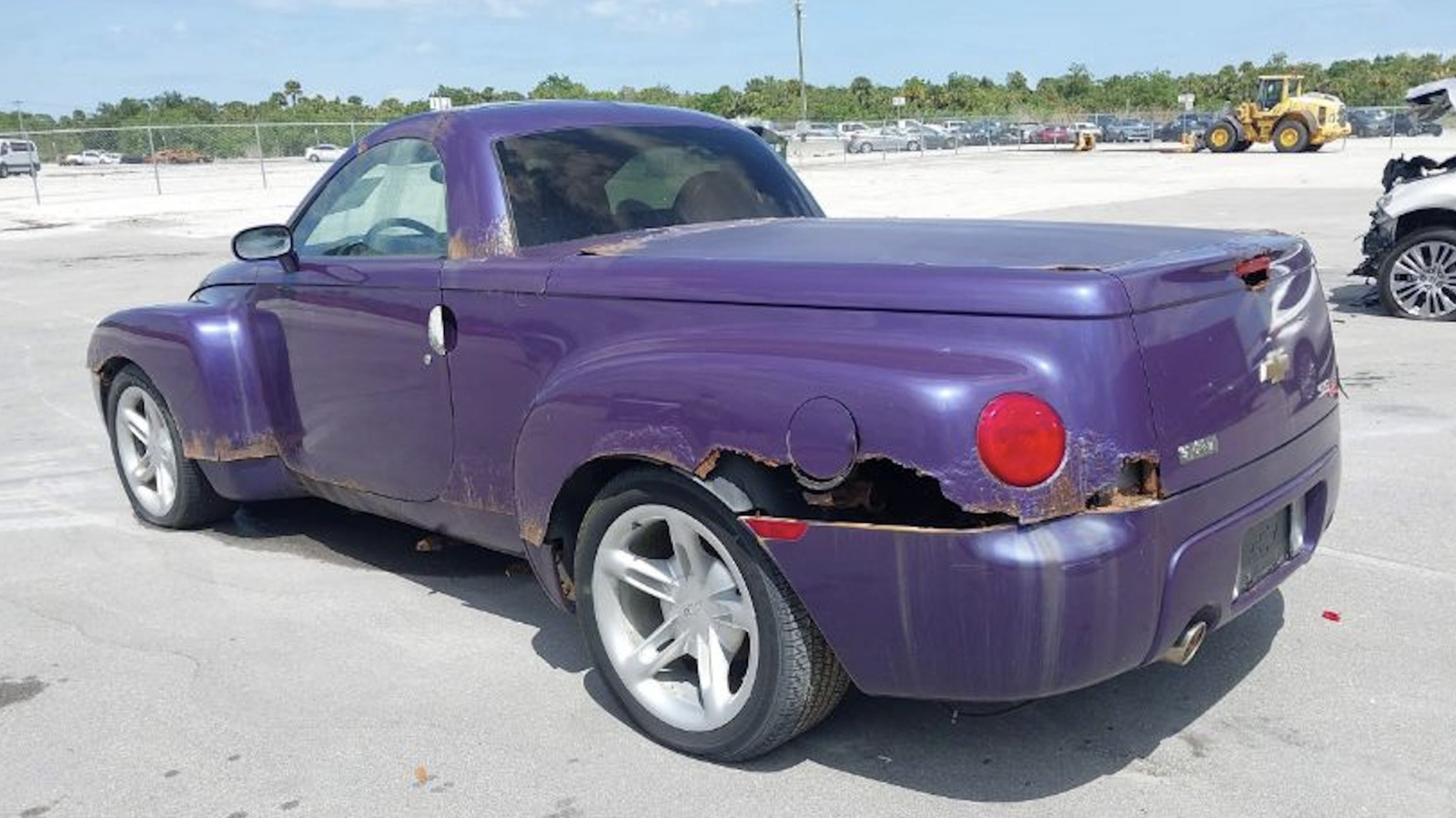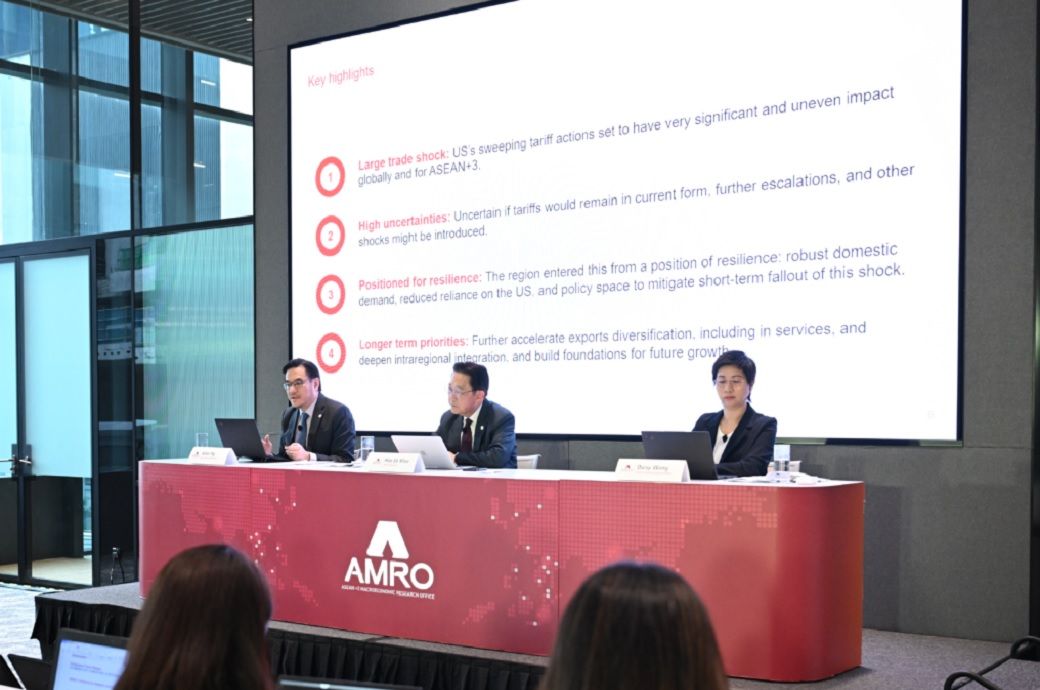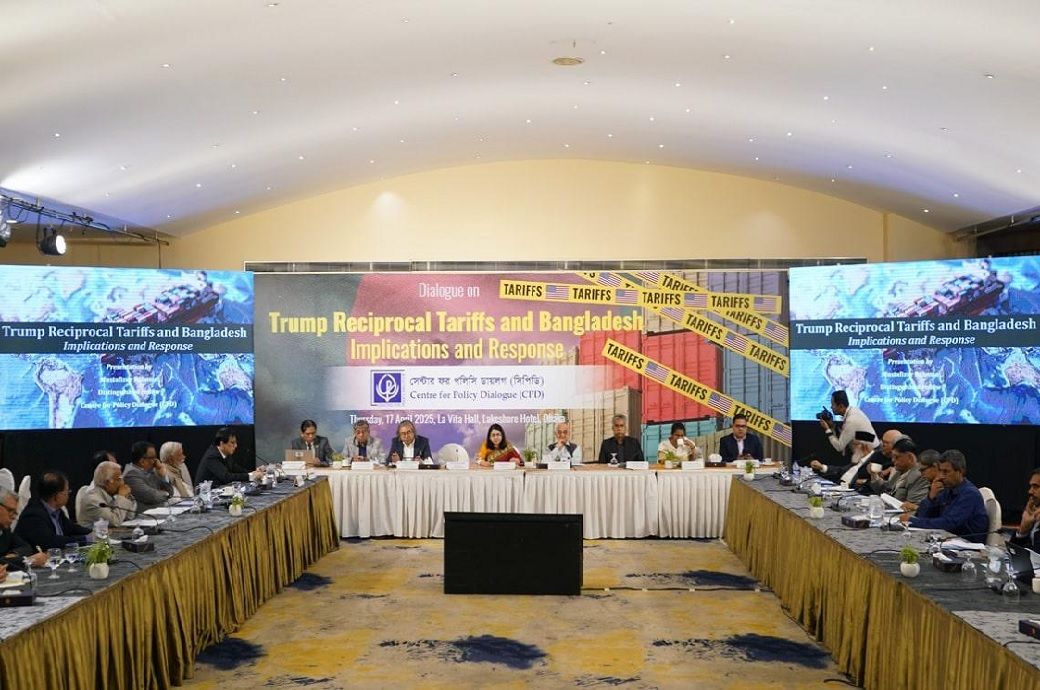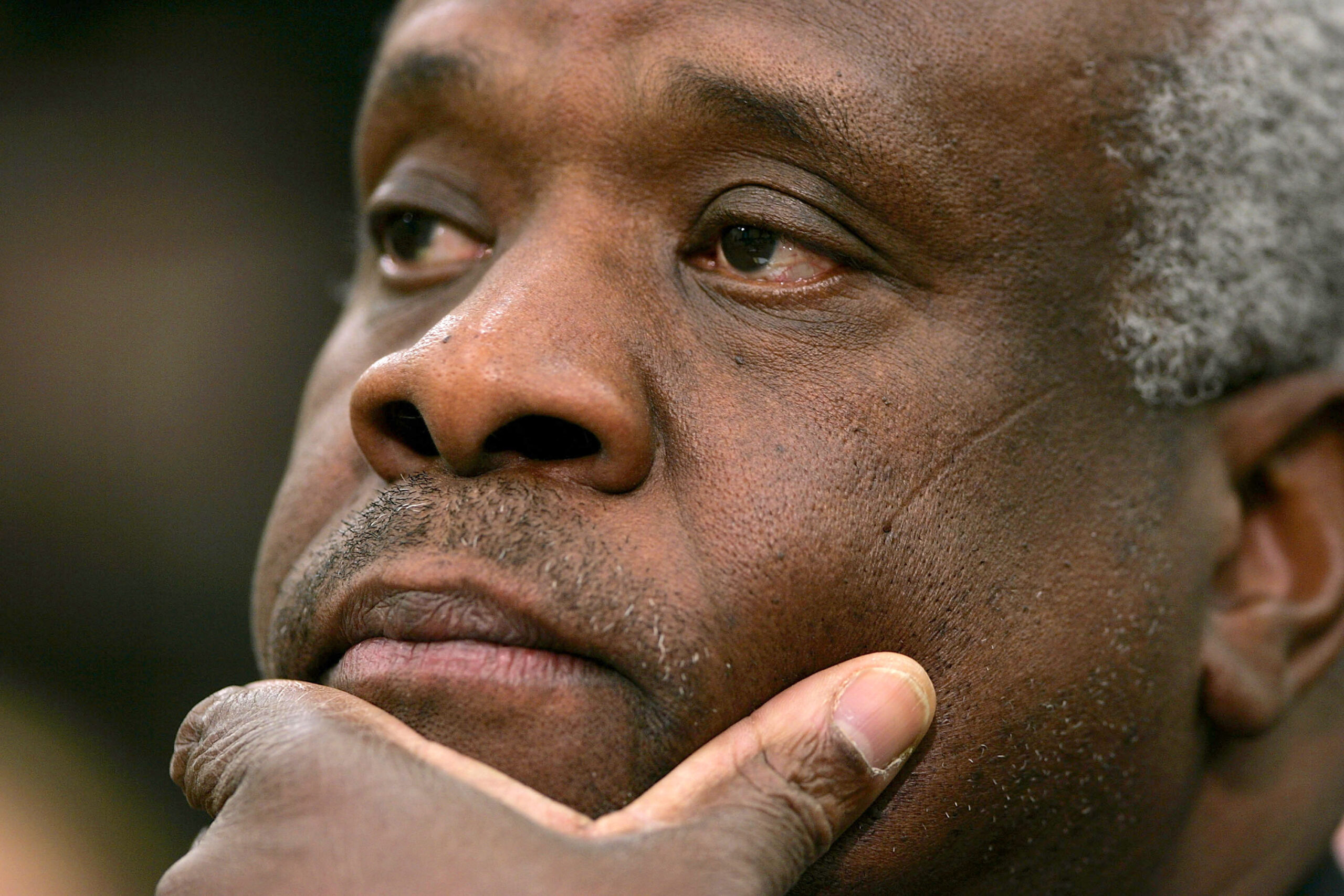Libertarian Lawyers Have Questions About Legal Authority For Tariffs. Major Questions.
Is shouting 'EMERGENCY!' and stealing Congress's power legal? So confusing! The post Libertarian Lawyers Have Questions About Legal Authority For Tariffs. Major Questions. appeared first on Above the Law.

President Trump’s tariffs may be unpopular with financial markets, economists, and anyone with a retirement account, but they have given Senator Rand Paul a golden opportunity to be Right About a Thing™. The Kentucky Republican makes it a rule to be RABT once a quarter, so as to preserve his status as a “maverick,” so he’s pointing out that the president imposing tariffs is not only stupid, but also completely contrary to the Constitution.
And the senator isn’t the only libertarian who noticed that allowing a deranged autocrat to drive the economy off a cliff is very much not what our founding forbears had in mind. The New Civil Liberties Alliance, a conservative law shop that represented one of the plaintiffs in Loper Bright, is challenging the first round of tariffs on China imposed in February and March. But the legal reasoning applies equally to the sweeping excises levied yesterday.
Politico’s Josh Gerstein flagged the complaint, which was filed in the Middle District of Florida on behalf of a small business that sells “premium planners, organizational tools, and home management products.” Emily Ley, the eponymous business owner, alleges that the tariffs will cripple her company, which buys its wares from China and cannot feasibly find new domestic suppliers. She also points out all the ways these tariffs are facially illegal — something the media has largely yadda-yadda-ed over on the assumption that neither Congress nor the courts would do a damn thing about it.
First she notes that Trump’s first-term tariffs were made pursuant to the Trade Act of 1974, and followed a statutory procedure that included publication and a finding by the US Trade Representative that other countries are violating trade negotiated trade agreements. But that takes time, and US Trade Representative Jamieson Greer was only confirmed on February 27. So this go round, the president just gestured vaguely in the direction of the International Emergency Economic Powers Act of 1977 (IEEPA) and crashed the economy.
In February and March, he claimed to be sanctioning China over the opioid crisis. In April, he mumbled something about the trade deficit and then vomited out a laughable formula imposing tariffs more or less at random on our allies (but not Russia, North Korea, or Belarus).
As Ley points out, IEEPA isn’t a tariff statute at all. It allows the president to impose economic sanctions and freeze assets of hostile foreign actors on an emergency basis. But Trump has never even bothered to pretend that the tariffs are tied to any opioid “emergency,” instead promising that we will all buy American now while simultaneously filling the Treasury’s coffers with levies paid by evil foreigners. Or maybe we’ll just tip over the board and force other nations to renegotiate bilateral trade deals.
The IEEPA limits presidents to actions that are “necessary” to address the specific emergency at hand. Here, President Trump declared an emergency relating to China because of illegal opioids entering the United States. But his China Executive Orders show no connection between the opioid problem and the tariff he ordered—much less that the tariff is “necessary” to resolve that problem. The means of an across-the-board tariff does not fit the end of stopping an influx of opioids, and is in no sense “necessary” to that stated purpose.
In fact, President Trump’s own statements reveal the real reason for the China tariff, which is to reduce American trade deficits while raising federal revenue. While the “emergency” is not challenged here, the “fit” of the tariffs to the declared emergency does not meet the requirements of the IEEPA.
The complaint goes on to note that even if IEEPA did empower the president to impose tariffs, such a delegation of congressional authority would be illegal under the …
… wait for it …
MAJOR QUESTIONS DOCTRINE.
Yes, the theory magicked up out of whole cloth to allow a conservative judiciary to cancel executive actions by Democratic presidents is now being invoked as justification to stop a Republican president from doing crazy shit. And the Chevron-slayers are the ones doing the invoking. Wild times!
This isn’t a new line of attack on Trump’s tariffs. The brainiacs at Lawfare saw this coming back in January. But in light of yesterday’s sweeping tariff announcement, it seems all the more apt. Because opioids, the putative justification for the February and March tariffs, are an actual “emergency,” if you squint at them right. But trade deficits and/or the decline of American manufacturing are policy choices. Or, as Ley put it in her complaint:
If the President is permitted to use the IEEPA to bypass the statutory scheme for tariffs, the President will have nearly unlimited authority to commandeer Congress’s power over tariffs. He would be empowered to declare a national emergency based on some long-running national problem, then impose tariffs purportedly in the name of that emergency—thus sidestepping the detailed constraints Congress has placed on the tariff authority it has granted.
In the meantime, China has already announced that it plans to impose actual reciprocal tariffs to match Trump’s folly.

Chief Justice John Roberts has the chance to do the funniest thing ever.
Emily Ley Paper Company v. Trump [Docket via Court Listener]
Liz Dye lives in Baltimore where she produces the Law and Chaos substack and podcast.
The post Libertarian Lawyers Have Questions About Legal Authority For Tariffs. Major Questions. appeared first on Above the Law.










































































































































































